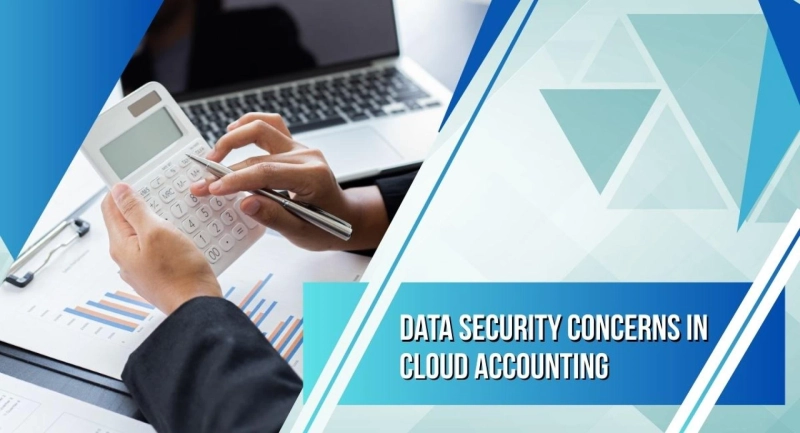Cloud accounting has transformed how businesses manage their financial operations. By enabling real-time access, reducing infrastructure costs, and streamlining processes, cloud-based solutions have become an essential tool for startups and large enterprises alike. However, the shift to the cloud also raises important concerns about data security. Sensitive financial information, if mishandled, could expose businesses to fraud, regulatory penalties, or reputational damage.
Many organizations that rely on advanced solutions, such as payroll outsourcing services in india, also turn to cloud-based systems for efficiency. But along with these benefits comes the responsibility to safeguard confidential employee and financial data from evolving cyber threats.
Why Data Security Matters in Cloud Accounting
Financial data is among the most sensitive information any business holds. From employee payroll details to client billing records and tax filings, these records are a goldmine for cybercriminals. Any breach could lead to:
- Identity theft and fraud for employees or clients.
- Loss of trust among stakeholders and customers.
- Regulatory fines for failing to protect confidential information.
This makes security a non-negotiable priority when adopting cloud accounting platforms.
Key Data Security Concerns
1. Data Breaches
Unauthorized access to cloud servers can result in massive financial losses. Since accounting systems store bank account details, invoices, and payroll records, breaches can directly impact company finances.
2. Insider Threats
Not all threats are external. Employees or vendors with system access may misuse data intentionally or accidentally. Implementing strict access controls is essential.
3. Compliance Risks
Different industries and regions have their own data protection regulations, such as GDPR or India’s DPDP Act. Businesses must ensure their cloud accounting providers comply with these frameworks.
4. Data Loss and Backup Challenges
Cloud systems rely on service providers for storage and recovery. Any system crash, natural disaster, or technical glitch can lead to permanent data loss if backups are not managed properly.
5. Weak Authentication
Many breaches occur due to weak passwords or lack of multi-factor authentication. Without strong user authentication, even the most secure systems can be compromised.
Strategies to Mitigate Risks
Encryption of Data
End-to-end encryption ensures that even if hackers gain access to stored or transmitted data, they cannot interpret it without the decryption key.
Strong Access Controls
Role-based permissions should be implemented so that employees can access only the data necessary for their responsibilities.
Regular Security Audits
Periodic assessments of cloud platforms help identify vulnerabilities before they are exploited.
Vendor Due Diligence
Before adopting a cloud accounting solution, businesses should review the provider’s security policies, certifications, and history of handling data breaches.
Employee Training
Cybersecurity awareness programs can reduce risks associated with phishing attacks, weak passwords, or mishandling of sensitive information.
Balancing Efficiency and Security
Cloud accounting is here to stay, offering cost savings, scalability, and efficiency. However, the decision to migrate should not focus solely on convenience. Businesses need to balance the benefits of cloud systems with robust security practices to ensure that financial data remains protected.
When implemented carefully, cloud accounting allows companies to enjoy its advantages without compromising data security. Organizations must be proactive rather than reactive, adopting a culture of compliance and vigilance.
Final Thoughts
The rise of cloud accounting has redefined financial management, but it also demands a higher standard of responsibility in securing sensitive data. Data breaches, compliance failures, or even accidental errors can significantly harm a business if security measures are ignored.
By investing in encryption, strong authentication, regular audits, and reliable service providers, businesses can strike the right balance between digital efficiency and data safety. Ultimately, security should be seen not as a cost but as a crucial investment in protecting financial integrity and business reputation.



